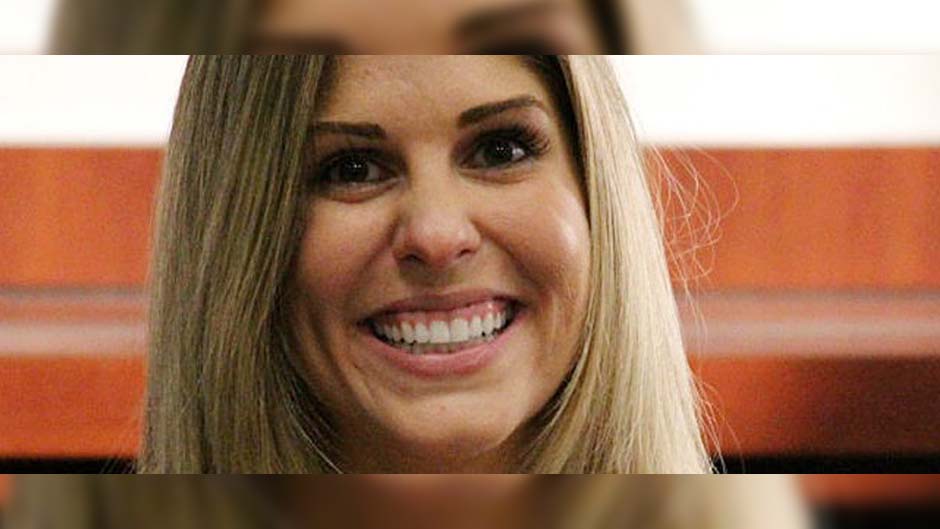The overall subject was "Technology in the Law," a theme that drew inspiration from an article by Miami Law Professor Christina M. Frohock in the current issue of The Bencherthe national magazine for the American Inns of Court. Professor Frohock participated in the panel discussion alongside David O. Markus, a Miami criminal defense attorney who runs the Southern District of Florida blog, and second-year Miami Law student Allison Brede.
"Despite the potential pitfalls out there, lawyers should not lose focus on how social media can be a valuable resource and tool, from brainstorming ideas with colleagues, to researching your jury pool, to keeping up with what's going on in the community," Markus said.
The Rosemary Barkett Appellate American Inn of Court is a volunteer organization led by Judge Vance Salter of the Third District Court of Appeal, who attended the session. The Inn is committed to promoting excellence in the teaching and practice of appellate law, as well as enhancing professionalism, ethics, civility, diversity and legal skills through mentoring. Professor Frohock serves as Vice President, and Professor Bascuas and Brede are both members, as are professors and students from other law schools and attorneys in the Miami area. Teams of Inn members represent pro bono clients in unemployment compensation appeals filed in the Third DCA, representation that provides students with experience in both networking and litigation.
"The Inn provides a unique experience for students to interact with judges, professors, and practitioners," Brede said after the panel discussion. "As a student, I am eager to learn from the professionals, and the professionals are equally as interested in mentoring and learning from the students. It bridges the gap between law school and the practice of law."
The Inn is named for Rosemary Barkett, a federal judge on the United States Court of Appeals for the Eleventh Circuit and former Chief Justice of the Florida Supreme Court, where she was the first woman to serve on that court. Judge Barkett recently hosted an Inn meeting in her courtroom and chambers. With more than 375 active chapters, theAmerican Inns of Court are modeled after the English and Irish practice, dating back to the 1500s, of mentoring by judges and seasoned practitioners.
- Accessibility Options:
- Skip to Content
- Skip to Search
- Skip to footer
- Office of Disability Services
- Request Assistance
- 305-284-2374
- Display:
- Default
- High Contrast
- Accessibility Options:
- Skip to Content
- Skip to Search
- Skip to footer
- Office of Disability Services
- Request Assistance
- 305-284-2374
- Display:
- Default
- High Contrast
- Apply
- About UM
- Give to UM
-
Schools
- School of Architecture
- College of Arts and Sciences
- Miami Herbert Business School
- School of Communication
- School of Education and Human Development
- College of Engineering
- School of Law
- Rosenstiel School of Marine, Atmospheric, and Earth Science
- Miller School of Medicine
- Frost School of Music
- School of Nursing and Health Studies
- The Graduate School
- Division of Continuing and International Education
- Alumni
Technology in the Law, Potential Pitfalls of Social Media Explored by Barkett Appellate American Inn of Court Panel

By UM News
University of Miami School of Law
-
1311 Miller Drive
Coral Gables, FL 33146 - lawcommunications@law.miami.edu
Resources
Quick Links
Communications
Legal
Copyright: 2026 University of Miami. All Rights Reserved.
Emergency Information
Privacy Statement & Legal Notices
Title IX & Gender Equity
Website Feedback
Individuals with disabilities who experience any technology-based barriers accessing University websites can submit details to our online form.
